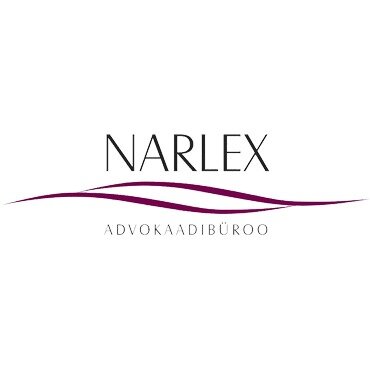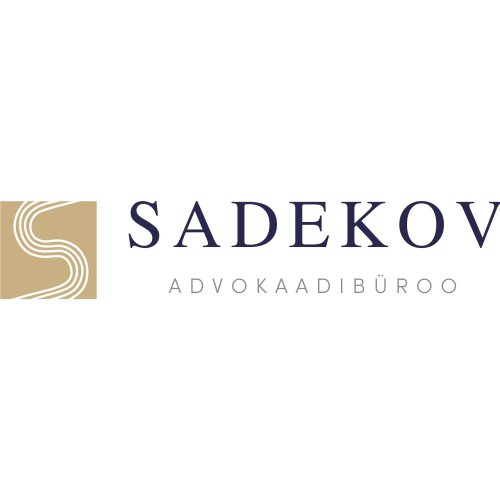How can I claim EU preferential tariffs when exporting Estonian goods to a non-EU market under trade agreements?
Lawyer Answers

mohammad mehdi ghanbari
For a small fee, I can provide personalized, step-by-step guidance via WhatsApp to ensure you meet all the rules and can successfully claim these benefits. Below is an overview of the key areas we can discuss in more detail.
Understanding Preferential Origin
To claim preferential tariffs, your goods must have "preferential origin" in the EU. This means they must meet specific criteria defined in the trade agreement between the EU and the destination country. The two main ways your products can qualify are:\n
Wholly Obtained Goods that are entirely produced in the EU, such as agricultural products grown and harvested in Estonia or mineral products extracted there.\n\nSufficiently Worked or Processed Products made from non-EU materials must undergo a "last substantial transformation" within the EU. The specific rules for what counts as a substantial transformation vary by product and by the specific trade agreement. As a manufacturer, you will likely need to obtain declarations from your own suppliers to confirm the origin of the materials you use in your products.\n
Proof of Origin Documentation
The most critical part of the process is providing the correct "proof of origin" to the customs authorities in the importing country. This document certifies that your goods originate in the EU and are eligible for preferential treatment. The two main types are:\n
Statement on Origin (or Invoice Declaration): This is a declaration you make out yourself on a commercial document like an invoice.\n\nFor consignments valued at €6,000 or less, any exporter can make this declaration.\n\nFor consignments valued above €6,000, you must be registered in the EU's Registered Exporter (REX) system to be authorized to make the statement.\n
Certificate of Origin: This is a formal certificate issued by a public authority, often the Chamber of Commerce. To obtain one, you typically need to provide evidence like a commercial invoice with a declaration of origin or supplier's declarations.\n
This proof of origin is generally valid for 12 months from its date of issue and must be submitted to customs in the destination country.\n
Should You Hire a Trade Lawyer?\nWhile not always mandatory, navigating the complexities of international trade agreements can be challenging. The rules of origin are different for each trade agreement, and customs authorities have verification processes to ensure claims are accurate. For a small business, getting expert guidance can help you avoid costly mistakes, delays, and penalties, ensuring you can benefit from the preferential tariffs smoothly.\n
I am available to provide this expert guidance and walk you through the entire process on WhatsApp. Please feel free to reach out to begin.\n
Best regards.
Free • Anonymous • Expert Lawyers
Need Personal Legal Help?
Connect with experienced lawyers in your area for personalized advice on your specific situation.
No obligation to hire. 100% free service.
Related Legal Experts
Get personalized help from lawyers specializing in this area


All lawyers are verified, licensed professionals with proven track records


